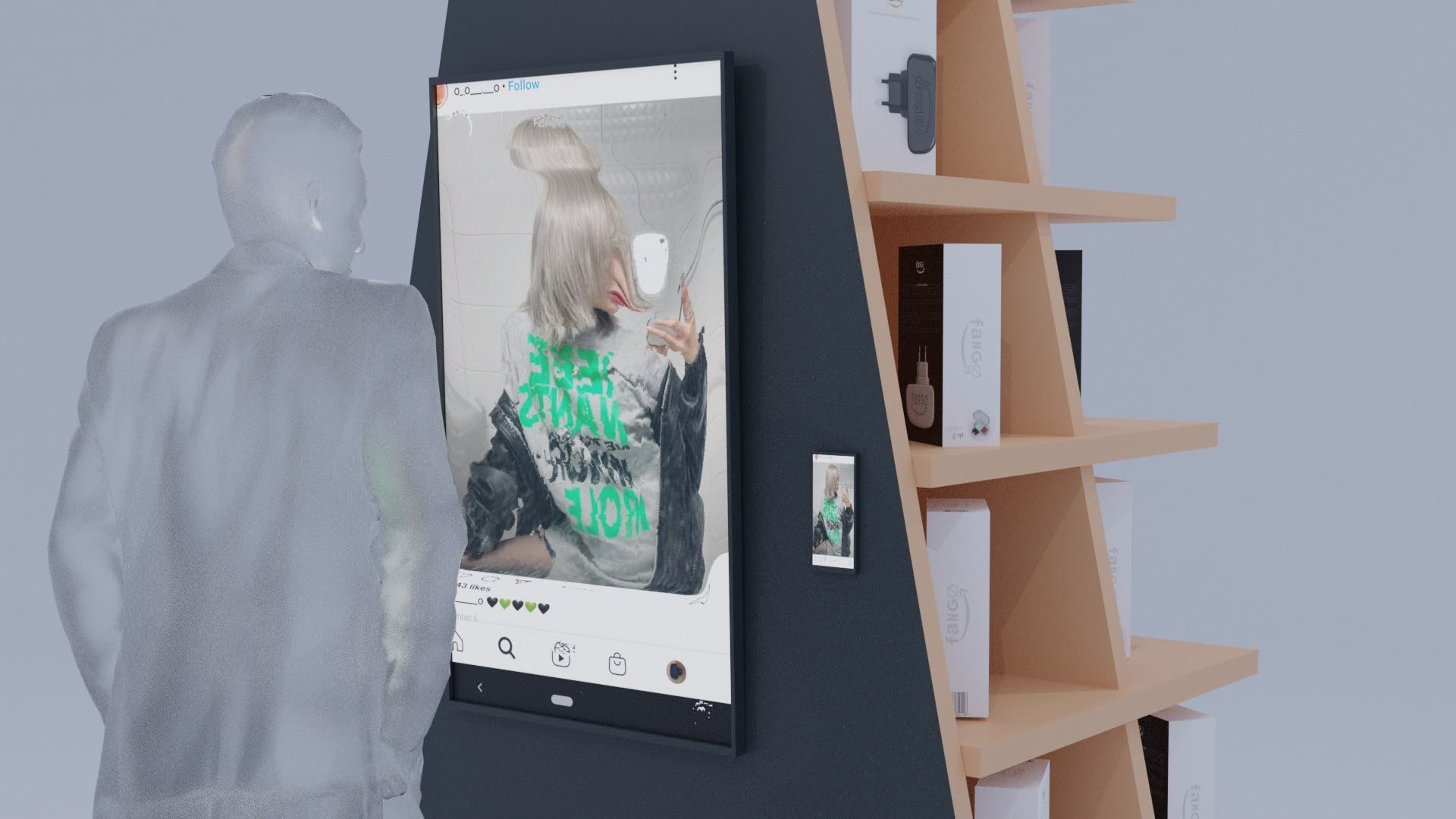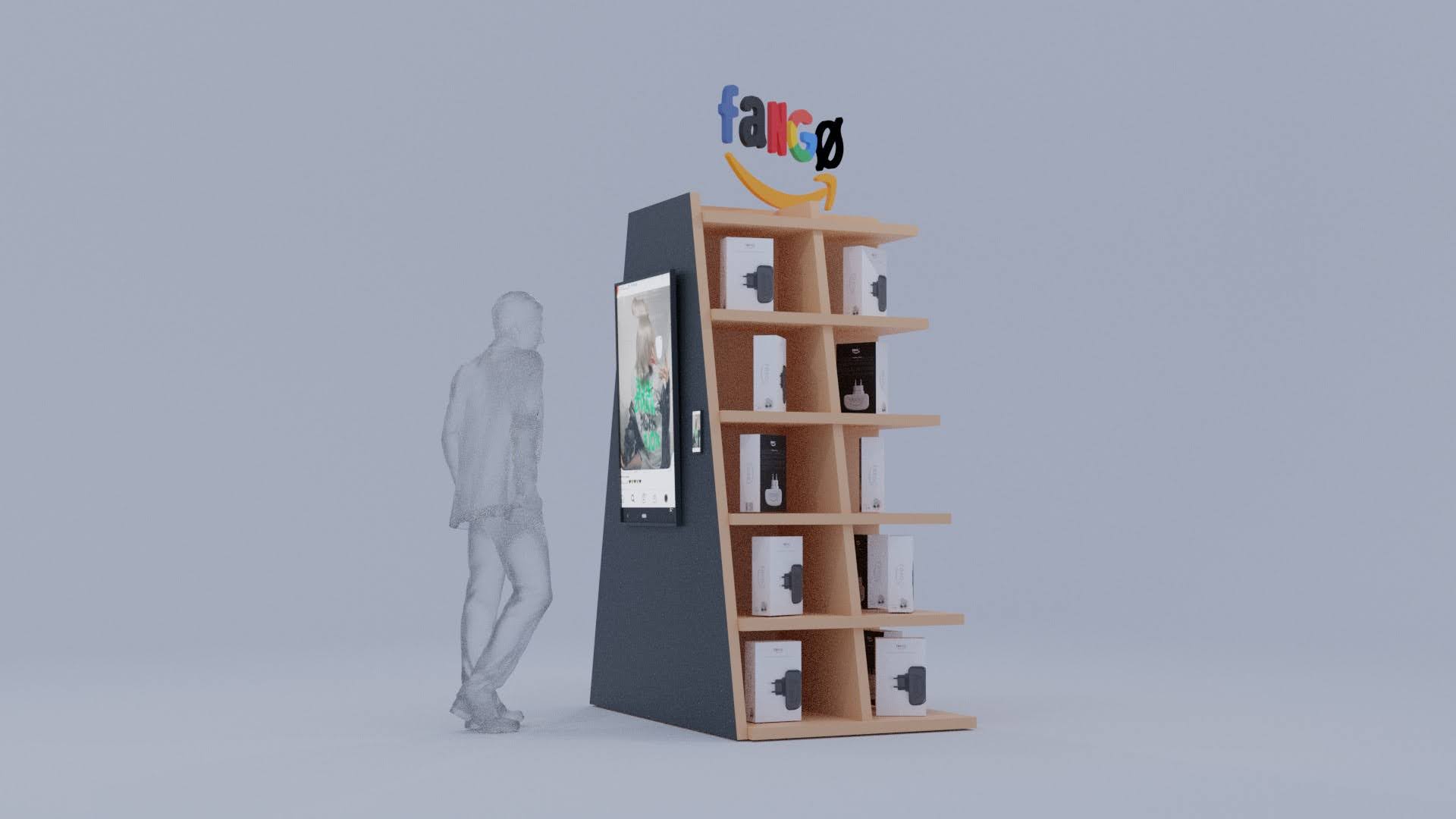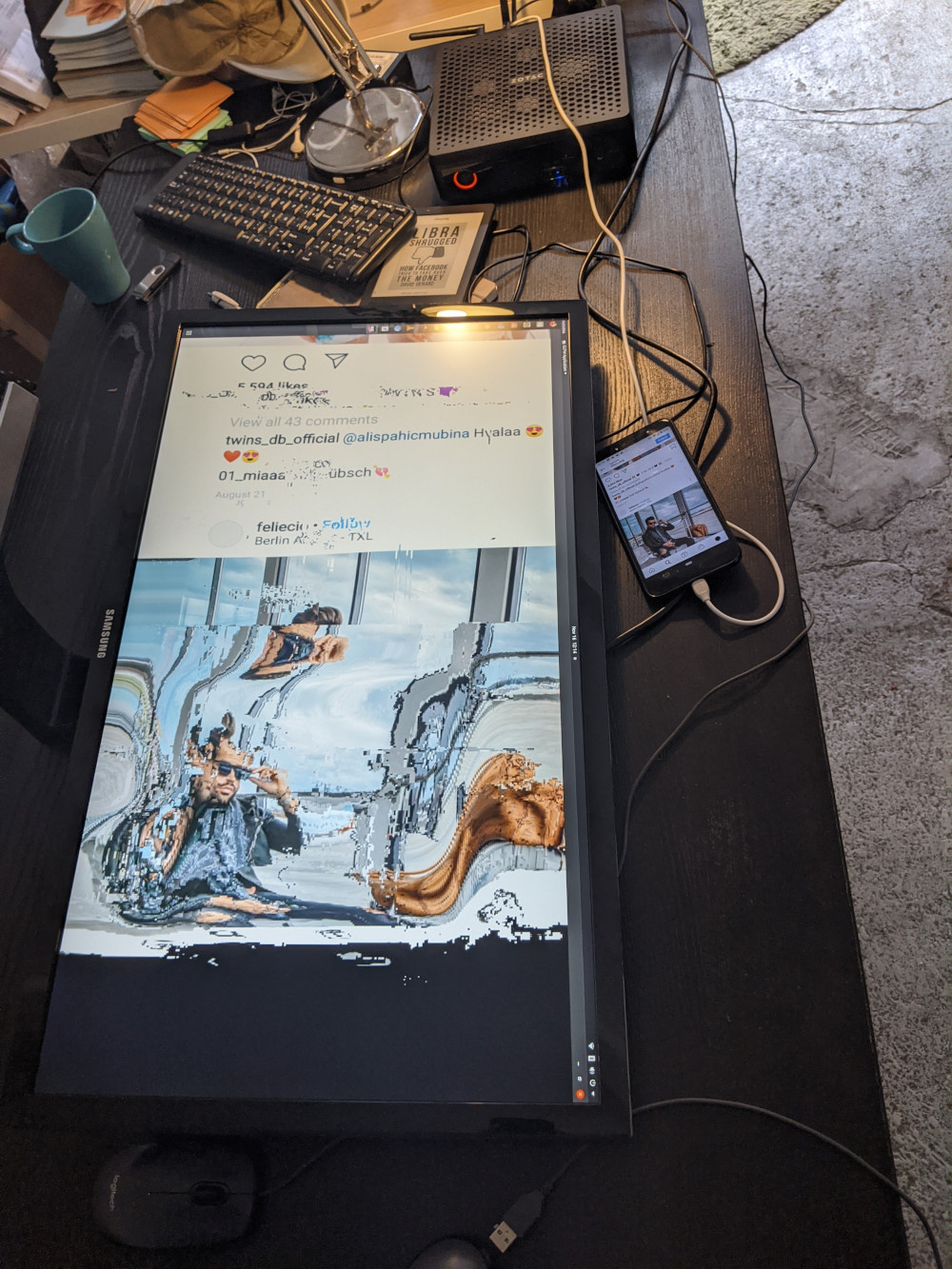In a market of inaccuracies
The easiness with which online information is accessed is based exclusively on an asymmetrical exchange between those who produce data and those who offer some service that allows the use of that data, thereby obtaining disproportionate monetary benefits. This idea doesn't refer to people filling forms or sheets made to measure for the well-known big platforms, but to people who are simply living in a social context that is transforming all human experiences into a numeric variable within a set of pieces of information.
We use digital technologies daily and it doesn't surprise us anymore to hear about the upcoming release of a new “smart-something” that will make “something” easier for us, and we can't get surprised either by the level of sophistication that programmers and interface designers have achieved, turning into creators of anxieties and notifications that are each time simpler, friendlier and more predictive, and watch us 24/7 like a database from which it's always possible to extract answers, to stimulate reactions and, in the end, to extract information. Although the biometric supervision is already part of the strategic decisions of those who design the public space and its policies of habitability, the significant rupture we are witnessing is happening in the loss of control over our lives in the private space. The time when our intimate space was configured by leaving on one side what was “ours” (our loved ones and our most cherished possessions) and, on the opposite side, the other, the uncertain, the unknown, is over.
Maybe it's better to avoid these reflections and go directly to the search box in our favorite online shop, to see if there are any solutions to this on sale? Maybe it isn't. Maybe, if the alternative to capitalism must arise from outside capitalism, our best option is to pay attention to those who build possibilities, even more if they make use of the aesthetic legacy that current capitalism has built over the last years, in order to go unnoticed. FANGo by Martín Nadal is a guerrilla artifact that acts in a critical way over the symbolic and social tapestry of our privacy, the economic value it has for users and corporations, and the current ecosystem of data buying-and-selling. With an innocent appearance, similar to that of a phone charger, FANGo contains a microcontroller that contaminates the flux of data and metadata our phones deliver to Facebook, Amazon, Netflix and Google, when connected to it. Nadal proposes in this way an ethical, viable and scalable solution to point out the current state of the vigilance capitalism we are part of.
But, what does a phone with contaminated data represent in an ocean of information that's indexed, categorized and turned into ready-to-sell goods? On the one hand, the possibility of mobilizing the recognition around the magnitude and the capillarity of these strategies of extraction of our own experiences. On the other, to assign value to the speculative nature of the art field in a moment of an almost total technical implementation of society, when the development of contra-hegemonic practices that activate ideas and imaginaries to transform the power asymmetries that have already been normalized, not so much because of a historic trajectory but because of the intensity with which they have penetrated our culture.
Martín Nadal's last years' work must be seen as an opportunity to discover critical options and ethical uprisings in the face of the economic and symbolic reorganization that the most significant technologies of our time are producing and, from there, find an uncomfortable fulcrum, necessary to mobilize uncomfortable ideas.



